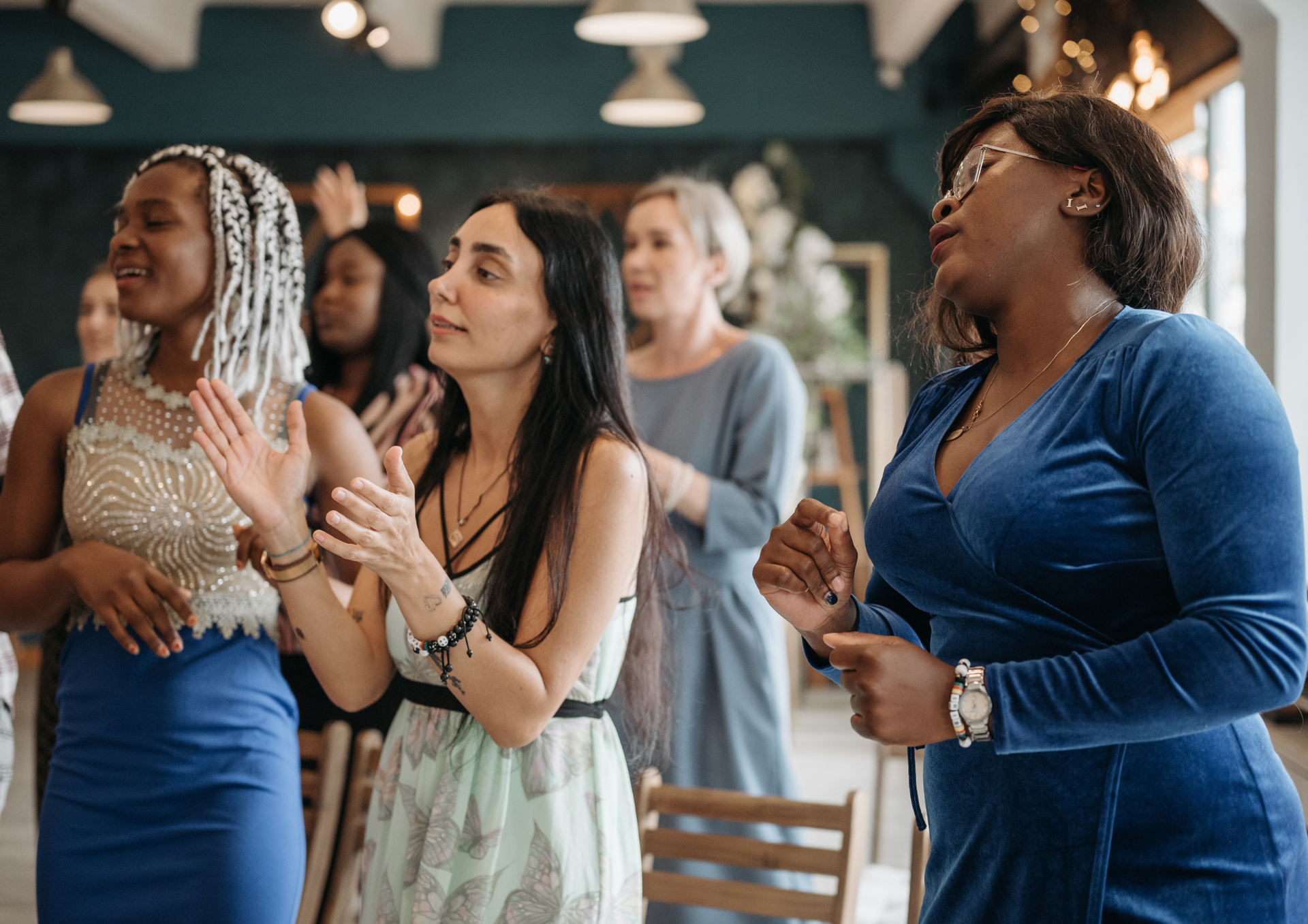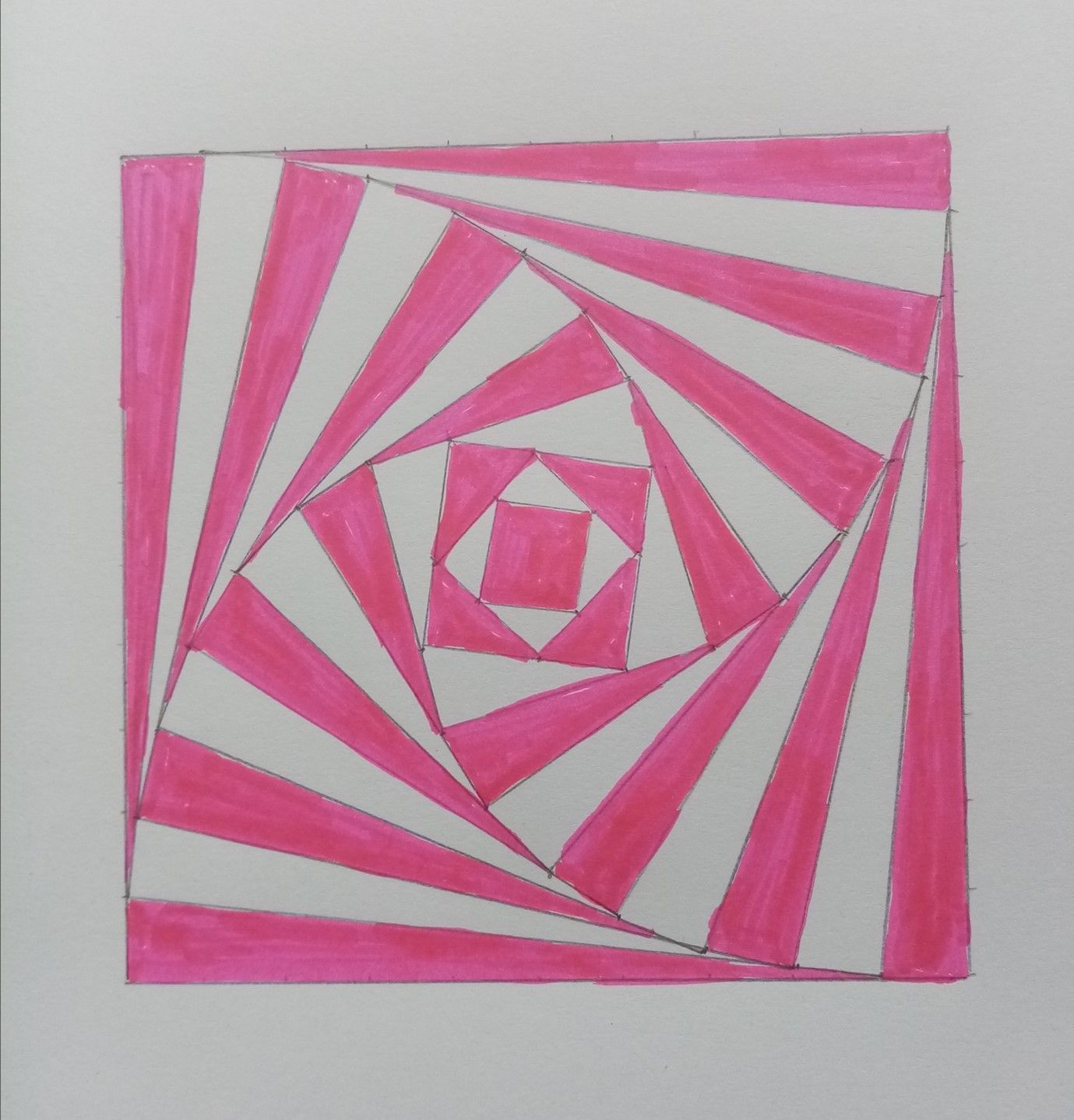What can the Ancient Greeks teach us about health?
Returning to a more traditional and holistic view of health

Who doesn’t want to be healthy and happy?
Yet, despite remarkable developments in modern medicine and living standards, physical diseases, such as diabetes, cancer, stroke and heart disease continue to rise. According to the World Health Organisation (WHO) these diseases are the cause of death for over 71% people globally each year (2021a) and even more shockingly, over a million people commit suicide each year, many of them teenagers (WHO, 2021b).
We know that the determinants of health and wellbeing are varied, and some factors are beyond individual control, such as the environment we live in, our genes, socioeconomic status, upbringing, employment status and current health literacy.
However, we also know that some lifestyle factors within the control of the individual play an important role in promoting positive health and wellbeing.
These include:
- nutrition
- sleep
- physical activity
- avoidance of harmful substances
- relaxation
- stress management
- moderate alcohol consumption
- and social connection.
At this point, it is helpful to clarify what we mean by ‘health’, as this is a term that can hold different meanings.
In 1946, the WHO proposed a definition of health, that was agreed by 61 nation states, as “…a state of complete physical, mental and social wellbeing and not merely the absence of disease or infirmity.” This holistic view of health underpins what has become known as the biopsychosocial model of health (Engel, 1977).
However, probably as a consequence of the medical advances of the 18th and 19th centuries, a more restricted biomedical model of health has tended to dominate health service provision. Here, disease is viewed as external to the patient or victim, with the medical professional responsible for providing treatment for ailments. In the biomedical model, health is viewed as the absence of disease and the goal of healthcare is the removal of disease.
This was quite a modern idea, as traditionally, as far back as the Greeks and in the Middle Ages, health was viewed through a more holistic lens, acknowledging the role of personal hygiene, nutrition and a sanitary environment.
Though vestiges of the biomedical model are still evident in health service provision, there is a growing awareness of the role of lifestyle, psychological and social factors involved in health and ill health.
Health literacy is the term used to describe the knowledge, understanding and application of the key lifestyle factors associated with positive health and wellbeing.
The good news is that health literacy can be improved at any stage of life. At Creativia Coaching, we teach individuals, groups and organisations about key lifestyle factors that improve health, prevent disease and promote wellbeing.
Engel, G.L. The need for a new medical model: a challenge for biomedicine.
Science. 1977 Apr 8; 196(4286): 129-136.
WHO. (2021a). Noncommunicable diseases. www.who.int/news-room/fact-
sheets/detail/noncommunicable-diseases
WHO. (2021b). Suicide. www.who.int/news-room/fact-sheets/detail/suicide










